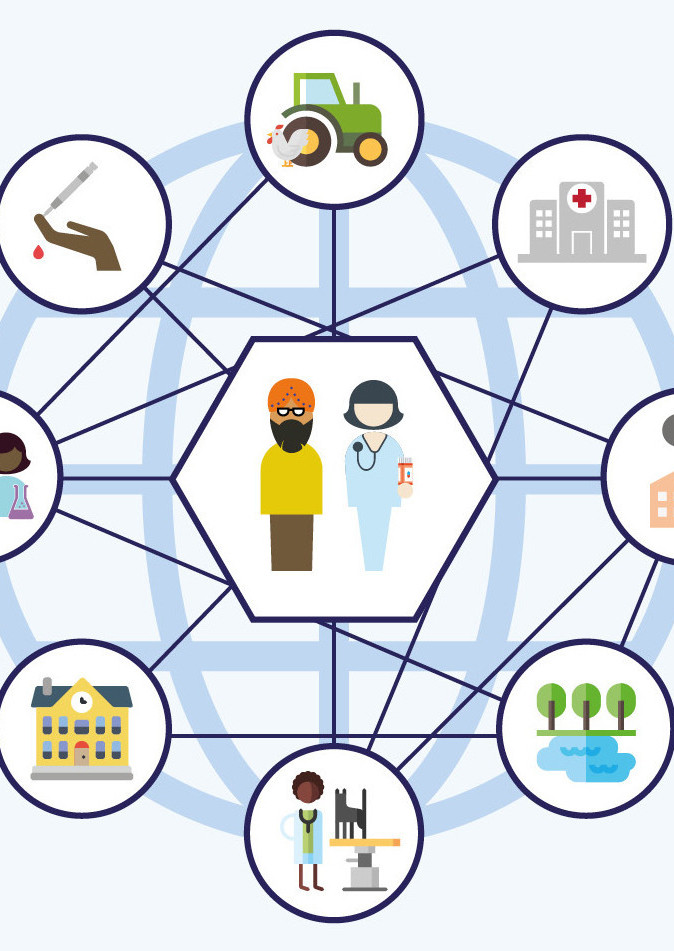The ability of microorganisms to develop resistance to antimicrobials represents one of the gravest threats to health globally, according to discussions at our recent symposium.
The Academy is proud to launch the report from our UK-India symposium on antimicrobial resistance (AMR) held in February this year, supported by the Yusuf and Farida Hamied Foundation.
The symposium identified a number of key issues that must be addressed in order to tackle the increase in AMR associated deaths, including improving infection prevention techniques to reduce the demand for antibiotics and other antimicrobials, and the development of new antibiotics. As the development of new antibiotics is a global enterprise, researchers from both the UK and India can help contribute and build on the strength of their respective countries.
The symposium was chaired by Professor David Heymann CBE FMedSci, Professor of Infectious Disease Epidemiology at the London School of Hygiene and Tropical Medicine, and forms part of a larger five-year programme encompassing an annual visiting Professorship scheme and a follow up symposium to be held in India in 2021.
AMR is a global problem and represents a severe threat to human health. The review on AMR in 2014 led by Lord O’Neill estimated 700,000 people die each year due to infections caused by antibiotic resistant microbes. Without intervention, this number is expected to rise to over 10 million by 2050.
The UK and India face both shared and distinct challenges in tackling AMR, threatening the advances in health made to date by rendering antimicrobials ineffective and affecting the safety of surgical procedures. This symposium represented a great opportunity for researchers from both the UK and India working on all aspects of AMR to come together and share the latest research into combatting the challenge.
Speaking on the importance of the symposium, Professor Heymann said:
“A lack of awareness, insufficient surveillance and inconsistent infection prevention impede efforts to reduce AMR. Tackling AMR requires collaborations across multiple disciplines and international borders.”
The full report is available on our dedicated policy page, along with further information on our visiting Professorship scheme.
If you have any questions about the event please contact Dr Abigail Bloy, International Policy Officer ([email protected]).
The programme was generously supported by the Yusuf and Farida Hamied Foundation.
